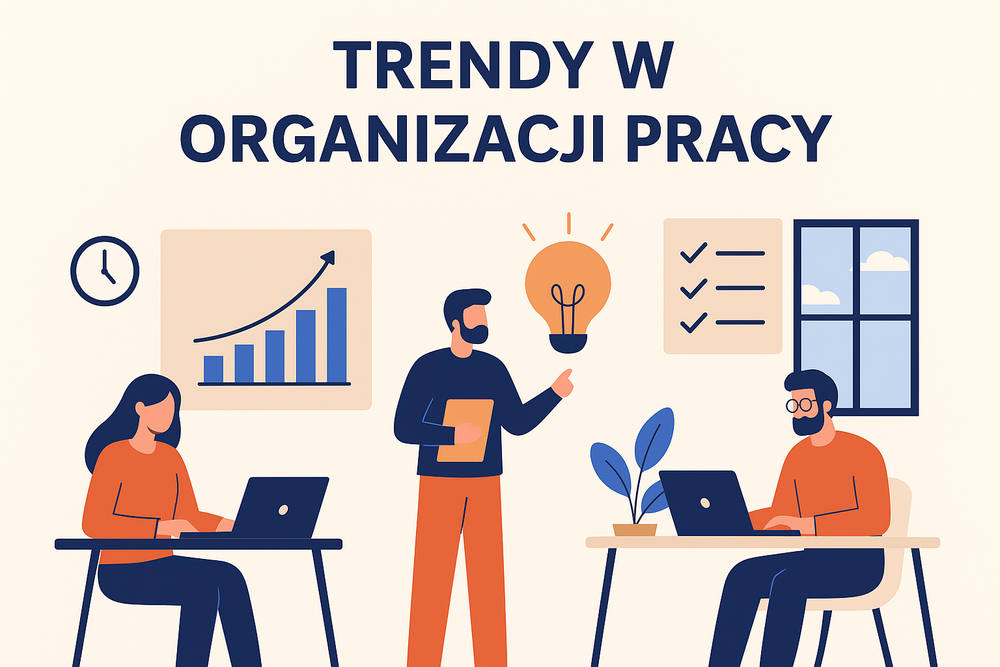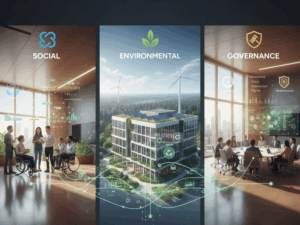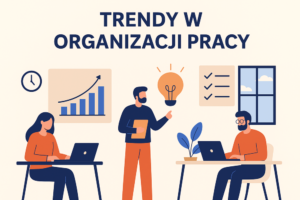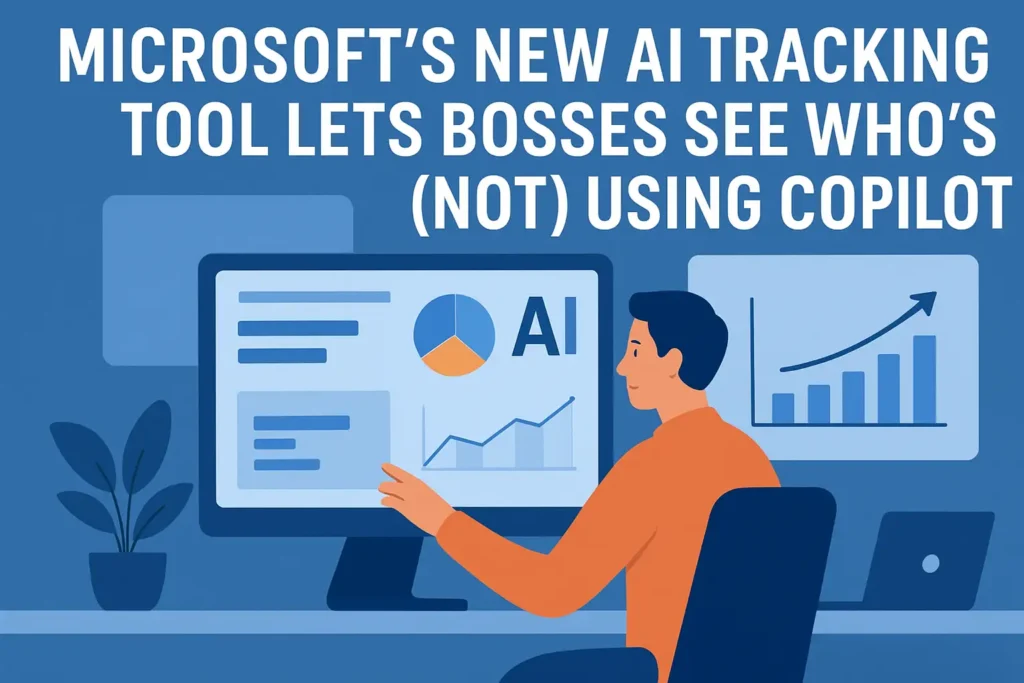The world of work is changing rapidly, and mid-sized companies need to be prepared for upcoming challenges and opportunities. Here are eight trends that will shape work organization between 2025 and 2030.
- Hybrid Work as the Standard
Remote work combined with office presence will become the norm, requiring companies to invest in tools that support distributed collaboration and team integration. - Automation of Repetitive Processes
More companies will adopt RPA (Robotic Process Automation) and no-code tools to automate routine tasks, improving efficiency and reducing errors. - AI Supporting Decision-Making
Artificial intelligence will be used to analyze data, forecast trends, and recommend actions in projects, sales, and marketing—without replacing employee creativity. - Personalized Career Paths and Training
Individual development programs tailored to employee skills and aspirations will be crucial for retaining talent. - Culture of Feedback and Transparency
Companies will emphasize open communication, regular feedback, and transparent decision-making to build trust and engagement within teams. - Sustainable Development and ESG
Environmental and social responsibility will become integral to corporate strategy, with ESG initiatives becoming standard practice rather than optional. - Digital Platforms Integrating Team Work
SaaS tools like 4ga Boards, Trello, or Asana will centralize tasks, communication, and reporting, simplifying collaboration across departments and locations. - Project-Based Work and Flexible Teams
Companies will increasingly form short-term project teams, adjusting their composition according to the skills and competencies required for each project.
Summary
Work organization in 2025–2030 will move toward flexibility, digitalization, and personalization of the employee experience. Companies that effectively combine hybrid work models, automation, AI, and collaboration tools will be better positioned to respond to market changes, maintain team engagement, and increase operational efficiency.







